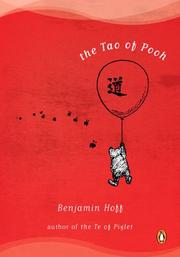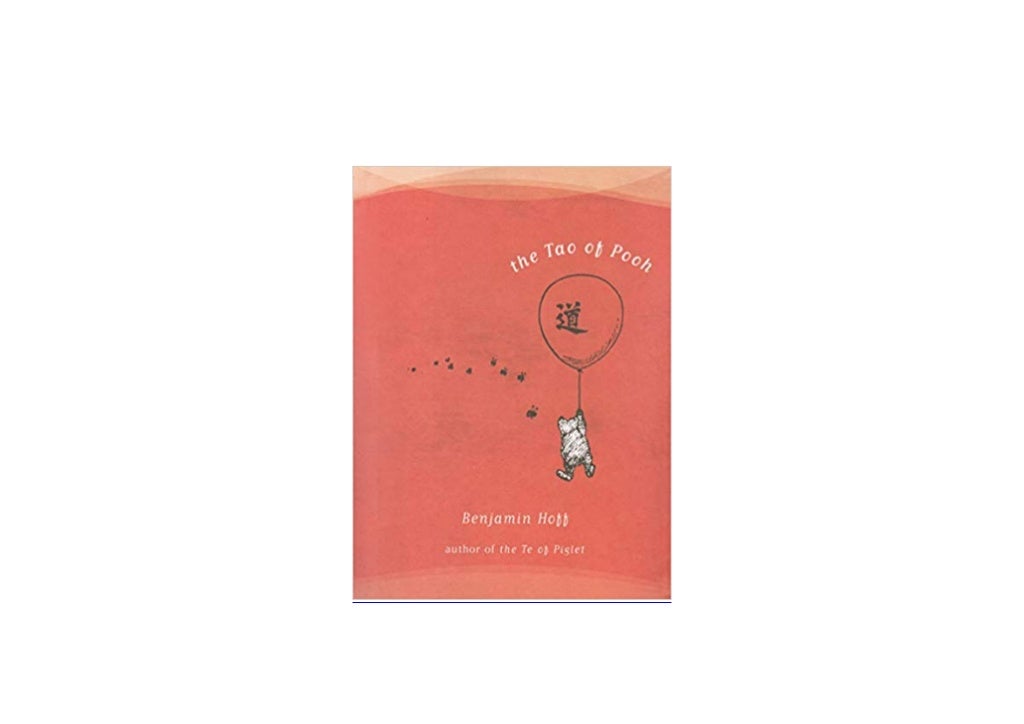

His book, The Singing Creek Where the Willows Grow, won the American Book Award in 1988. In 2006, he denounced the publishing industry and announced his resignation from book-writing.


He is best known as the author of The Tao of Pooh (1982) and The Te of Piglet (1992). Heft laughs at Buddhism without explaining Taoism's response to the sorrows of life, mocks Confucianism without explaining what the Taoist does for social ethics, and slides over the ""embarrassing"" aspects of Taoism (belief in gods, immortality, thoroughgoing quietism). Benjamin Hoff (born 1946) is an American author. Time and again the Pooh story is dragged in by the ears, whether or not it fits the context: ""Cottleston Pie"" means ""Inner Nature"" we all have a Rabbit, an Owl, and an Eeyore within us and so forth. The easiest way to get rid of a Minus is to change it into a Plus,"" etc. Even when Heft starts with Taoist basics, he translates them into the language of Norman Vincent Peale it turns out, for instance, that the major corollary of the ""uncarved block"" principle (radical simplicity and freedom from longing) is ""Life Is Fun."" Follow the Pooh Way, Hoff proclaims: ""Nothing to it. Author Benjamin Hoff shows that the philosophy of Winnie-the-Pooh is amazingly consistent with the principles of Taoism and demonstrates how you can use these. The Tao of Pooh is an excellent read and, though it seems simplistic at times in terms of language and level of explanation, is able to effectively communicate. Milne books, new Pooh conversations of his own devising, and mini-lessons in Taoism that oversimplify the subject and make it sound like just another brand of American-style therapy or, worse, a soft, furry cop-out. A cutesy-Pooh popularization of Taoism that aims to make it digestible but quickly turns it into pablum.


 0 kommentar(er)
0 kommentar(er)
